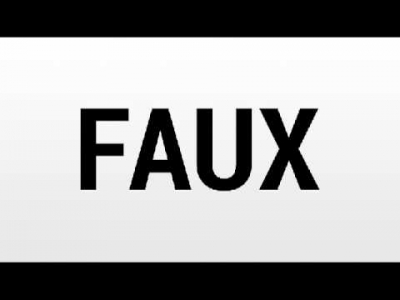
|
Geostationary Operational Environmental Satellites (GOES) are satellites placed in Earth’s orbit to observe the weather on the planet’s surface.
|
The Geostationary Operational Environmental Satellite Program (GOES) is a joint effort of NASA and the National Oceanic and Atmospheric Administration (NOAA).
The GOES system currently consists of GOES-13, operating as GOES-East, in the eastern part of the constellation at 75 degrees west longitude and GOES-15, operating as GOES-West, at 135 degrees west longitude. The GOES-R series will maintain the two-satellite system implemented by the current GOES series. However, the locations of the operational GOES-R satellites will be 75 degrees west longitude and 137 degrees west longitude. The latter is a shift in order to eliminate conflicts with other satellite systems. The GOES-R series operational lifetime extends through December 2036.
These spacecraft help meteorologists observe and predict local weather events, including thunderstorms, tornadoes, fog, hurricanes, flash floods and other severe weather. In addition, GOES observations have proven helpful in monitoring dust storms, volcanic eruptions and forest fires.
Credit: NASA
Picture Credit : Google





